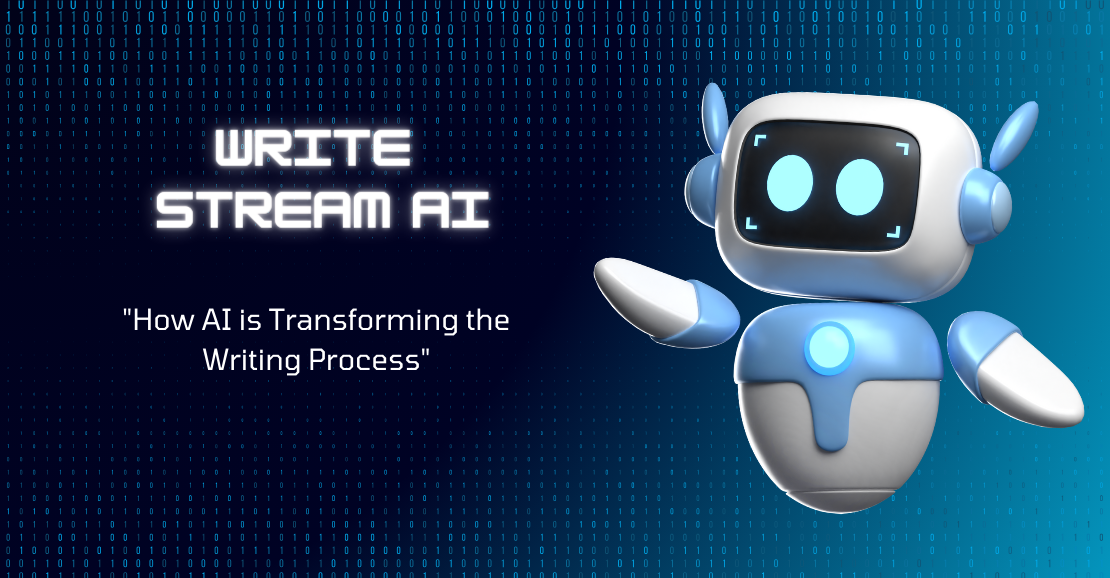In today's digital age, the use of artificial intelligence (AI) has become increasingly prevalent in various industries. From healthcare to finance, AI has revolutionized the way we work and has disrupted traditional processes. One of the areas where AI is making a significant impact is in the writing process. With the help of AI, writing has become more efficient, accurate, and creative. In this article, we will explore how AI is transforming the writing process.
AI-powered writing tools are rapidly growing in popularity. These tools utilize natural language processing (NLP), machine learning, and deep learning algorithms to assist writers in various tasks, including grammar and spelling checks, plagiarism detection, and even generating content. These tools are not meant to replace human writers but instead, they act as writing assistants, helping writers improve their work.
One of the primary ways in which AI is transforming the writing process is by providing writers with real-time feedback. Traditionally, writers would have to proofread their work multiple times to identify errors or rely on editors to catch mistakes. With AI-powered tools, writers can get instant feedback on grammar, spelling, and punctuation, ultimately saving time and improving the overall quality of their work.
Moreover, AI has also made the writing process more accessible for non-native English speakers. These tools can detect and correct language errors, making it easier for non-native speakers to write fluently in English. This has opened up opportunities for writers from diverse backgrounds to showcase their work and has also helped to bridge the language barrier in the global marketplace.
Perhaps one of the most significant ways in which AI is transforming the writing process is by assisting in the generation of content. AI-powered writing tools can analyze vast amounts of data and generate written content based on that data. This is particularly useful for content marketers and businesses that require a large volume of written content. AI-generated content is not only fast but also has the potential to be more accurate and objective, as it is not influenced by personal biases.
However, the use of AI in writing also raises concerns about the future of human writers. Many fear that AI will replace human writers, making them obsolete in the writing process. While it is true that AI has the potential to automate certain tasks, it cannot replicate the creativity and unique style that human writers bring to their work. In fact, AI can assist in enhancing the creative process by providing writers with new ideas and perspectives.
On the other hand, some argue that AI may lead to a decline in the quality of writing as writers become too reliant on these tools. However, it is essential to note that AI is only a tool and cannot produce quality writing on its own. It is up to writers to use these tools effectively and not rely solely on them.
In conclusion, AI is undoubtedly transforming the writing process, making it more efficient, accurate, and accessible. While it may have its drawbacks, the benefits of AI-powered writing tools far outweigh them. As technology continues to advance, we can expect further developments in AI that will continue to shape the writing process and enhance the work of writers. It is an exciting time to be a writer, and AI is one of the key factors contributing to this transformation.























Write your comment
Cancel Reply